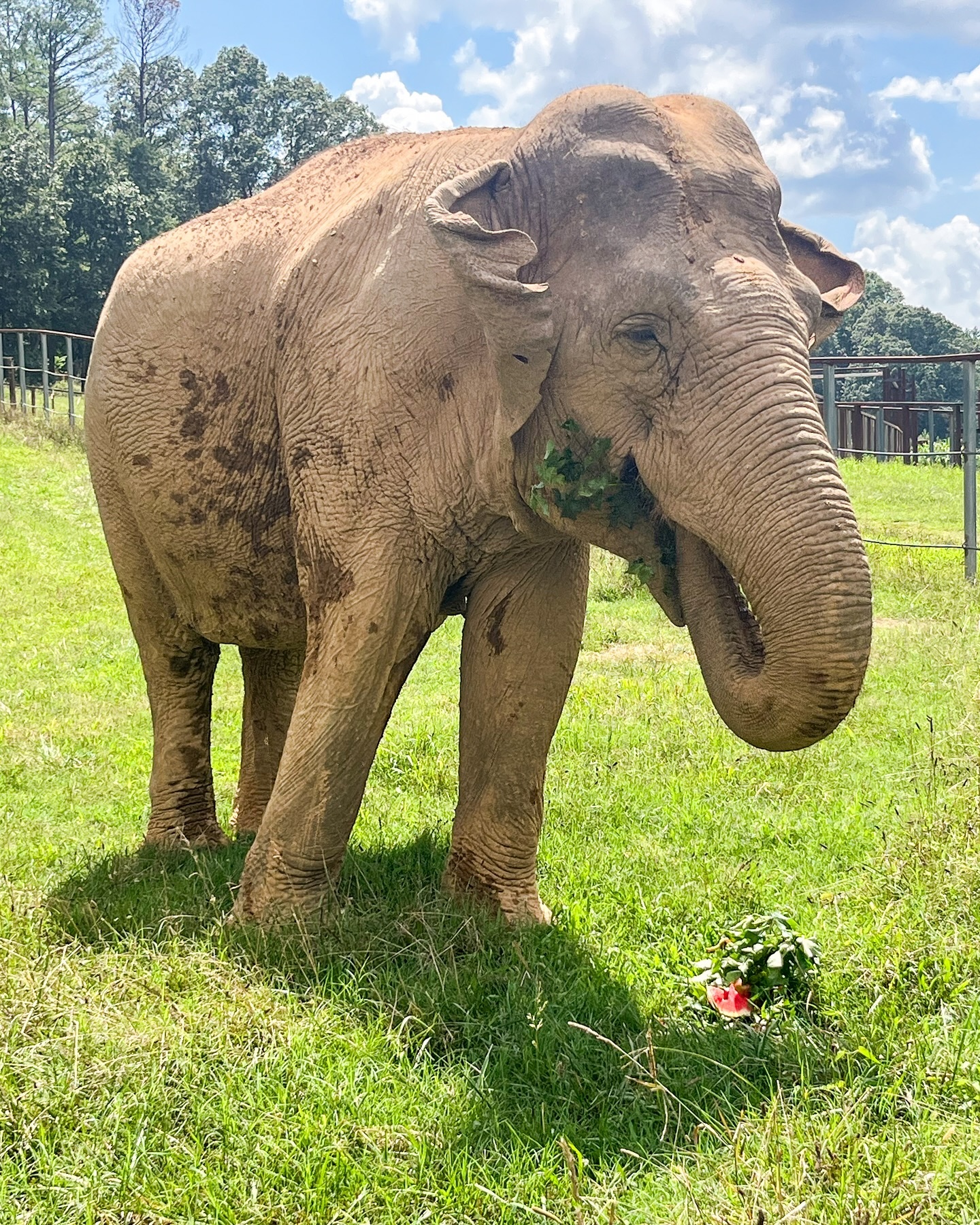- Understanding National Watermelon Day and its significance
- Celebrating with the Q elephants: Ronnie and friends
- Nutritional benefits of watermelon for elephants
- The role of zoos in wildlife conservation and education
- Engaging visitors and enhancing public awareness
Every August 3rd, National Watermelon Day is celebrated with zest, providing a delicious way to appreciate one of summer’s quintessential fruits. For Ronnie, an elephant at our zoo, and her companions, this celebration isn’t just another day but a delightful feast. Watermelon, aside from being a treat, has a deeper significance for these majestic creatures. This article delves into the celebration, highlighting the importance of National Watermelon Day and the broader implications of such events in zoos worldwide.
Understanding National Watermelon Day and its significance
National Watermelon Day is an annual rendezvous reminding us of the joys of this hydrating and nutritious fruit. Originating in the heart of summer, the day emphasizes watermelons’ cultural and nutritional importance, dating back to ancient Africa. Historically, watermelons have been a vital source of hydration and nutrition for civilizations living in arid regions. The modern-day celebration encourages people to enjoy the fruit in various forms—juices, salads, or simply as slices.
For zoo animals, particularly elephants, Watermelon Day offers a unique opportunity to provide enrichment and ensure their varied and engaging diet. Including such celebratory days in the zoo calendar helps create a more interactive and stimulating environment for the animals. For visitors, it’s a chance to witness these incredible creatures enjoying an unforgettable treat, fostering a deeper connection and understanding between humans and wildlife.
Celebrating with the Q elephants: Ronnie and friends
Ronnie and other elephants from the Q herd relish National Watermelon Day. Keepers prepare a special treat each year involving heaps of fresh melon slices. But this celebration is more than just feeding; it’s a well-orchestrated event that allows keepers to observe the animals’ interactions, preferences, and overall well-being. Elephants are intelligent beings who benefit immensely from such sensory-rich experiences.
The process begins with keepers spreading watermelon slices around the enclosure. This not only entices the elephants but also encourages natural foraging behaviors. These activities are crucial as they simulate the challenges elephants face in the wild, keeping their minds sharp and bodies active. Ronnie and her companions can be seen gently picking up the melon with their trunks, enjoying the sweet and hydrating fruit.
Nutritional benefits of watermelon for elephants
Watermelon is more than just a sweet delight; it offers numerous nutritional benefits, especially for elephants. Comprising over 90% water, it is an excellent means of hydration, particularly vital during the summer months. Given their large size, elephants require substantial amounts of water to regulate body temperature and maintain metabolic processes.
Besides its hydrating properties, watermelon is a good source of vitamins A, B6, and C. These vitamins support various physiological functions for elephants, such as immune response, skin health, and overall energy levels. The natural sugars in watermelon provide a quick energy boost, essential for their daily activities. Moreover, fiber aids in digestive health, which is critical for an animal with such a large and complex digestive system.
The role of zoos in wildlife conservation and education
Zoos play a pivotal role in wildlife conservation, acting as sanctuaries for endangered species and educational hubs for the public. National Watermelon Day and similar events are not merely for amusement. They strategically highlight the zoo’s conservation efforts and promote visitor awareness. By showcasing enrichment activities, zoos can attract more support for their conservation initiatives, often extending to field programs and research projects to protect wild populations.
The Q elephants, for instance, are part of a broader conservation program that includes breeding initiatives, habitat preservation, and public engagement activities. Celebrations like Watermelon Day humanize the elephants, helping visitors understand their behaviors and challenges in the wild. This connection fosters empathy and encourages public support for broader conservation goals.
Engaging visitors and enhancing public awareness
National Watermelon Day can be a powerful tool for engaging zoo visitors and raising public awareness about animal welfare and conservation. By involving the public in unique celebrations, zoos can create memorable educational and inspiring experiences. Interactive events such as feeding demonstrations, guided tours, and educational talks can significantly enhance the visitor experience.
For instance, during Watermelon Day, zookeepers may offer talks about the role of diet in animal health, the importance of natural behaviors, and the specific conservation challenges facing elephants. These activities captivate audiences and provide them with valuable insights into the science of animal care and wildlife conservation.
Photos and videos of elephants like Ronnie enjoying their treat often go viral on social media, extending the reach of the zoo’s educational message beyond those who visit in person. By leveraging these platforms, zoos can engage a broader audience, including those who may not have direct access to wildlife. This extended reach is crucial for developing a global conservation-support base.
In conclusion, National Watermelon Day is a joyous occasion beyond simple celebration. It provides essential nutritional and psychological enrichment for Ronnie and the Q elephants. For zoos, it’s an opportunity to educate and engage the public meaningfully. Through such events, zoos can continue their vital work of conserving wildlife and promoting environmental stewardship.
By considering both the immediate well-being of the animals and the larger goals of conservation and education, zoos can make significant strides in preserving biodiversity and fostering a deeper connection between people and the natural world. With its blend of fun and educational value, National Watermelon Day is a perfect example of how such initiatives can be impactful and enjoyable.
*****
Source Description
It’s National Watermelon Day, which is always celebrated BIG around here. Ronnie and the rest of the Q elephants snacked on some fresh melon to commemorate the occasion! 🍉


